Last Updated
Government officials in Los Cabos have started preventive fumigation spraying for the deadly dengue virus to keep locals and tourists safe after the presence of four types of the strain has been identified in the area.
Preventative Fumigation Measures
The first cycle of preventative spraying in Los Cabos against the Aedes Aegypti mosquito took place on August 16, according to a report from the Baja California Sur Ministry of Health.
The Aedes Aegypti mosquito is not only responsible for the spreading of the dengue virus. It is also connected to two other equally dangerous illnesses – zika and chinkungunya.
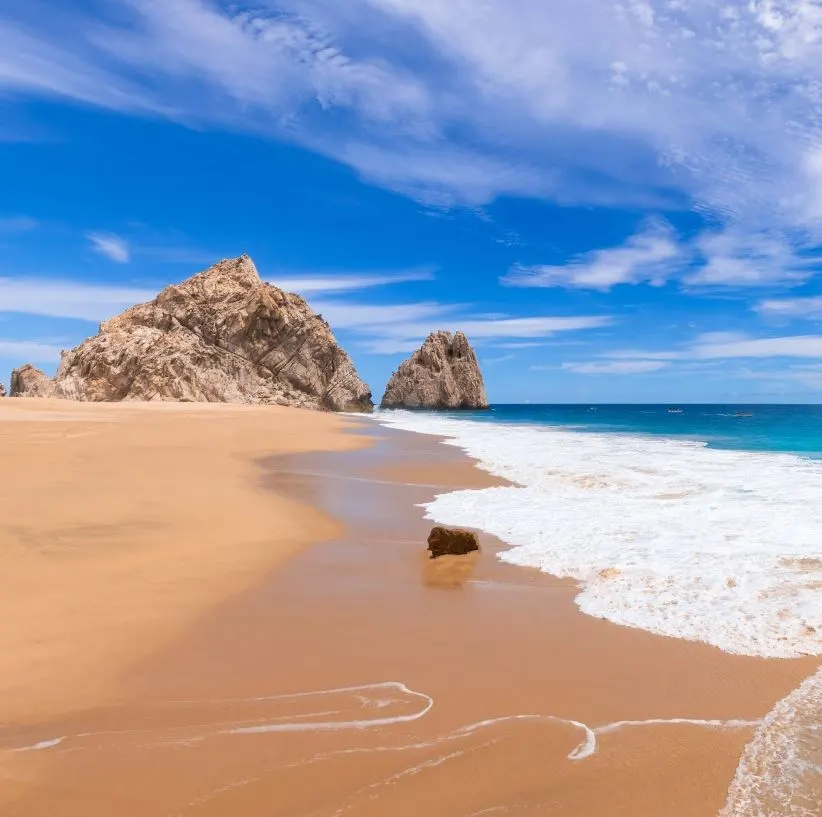
According to Zazil Flores Adalpe, the head of the Baja California Sur Ministry of Health, preventative spraying kicked off to kill the breeding mosquitoes prior to the start of the heavy rains brought on by Hurricane Hilary.
Normally the spraying is conducted after the rains, and stagnant water breeds the insects.
However, they wanted to start the program in advance since there has been the presence of the four strains of dengue already identified in the area.
What is Dengue Fever?
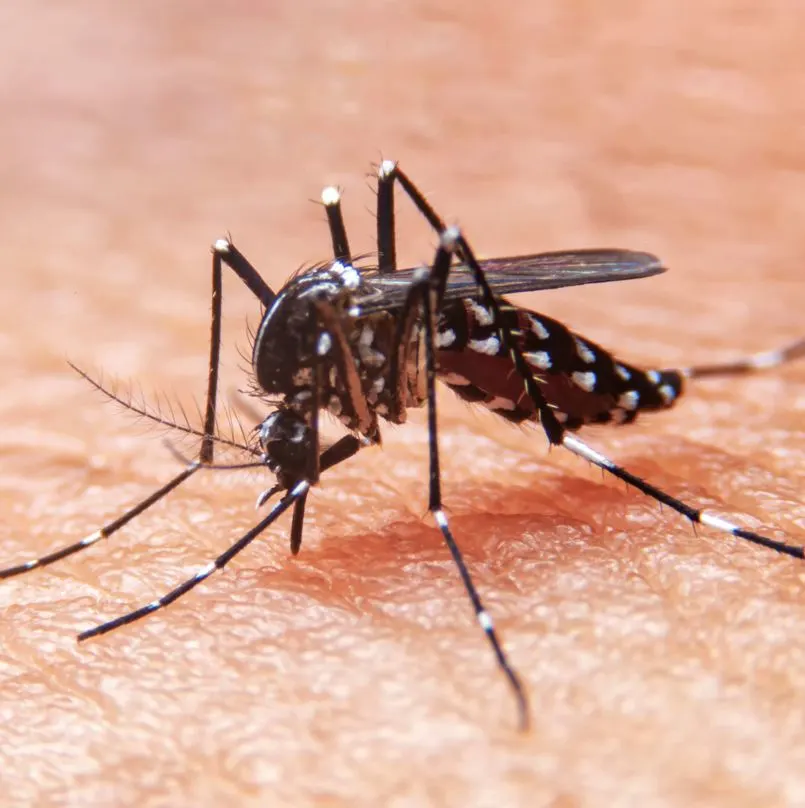
According to the World Health Organization, dengue fever is a viral disease spread by the bite of mosquitoes in tropical areas.
There are about 100-400 million infections of dengue fever that occur worldwide, most resulting in mild symptoms.
However, occasionally it can cause severe illness and even death.
Top 5 Travel Insurance Plans For 2023 Starting At $10 Per Week
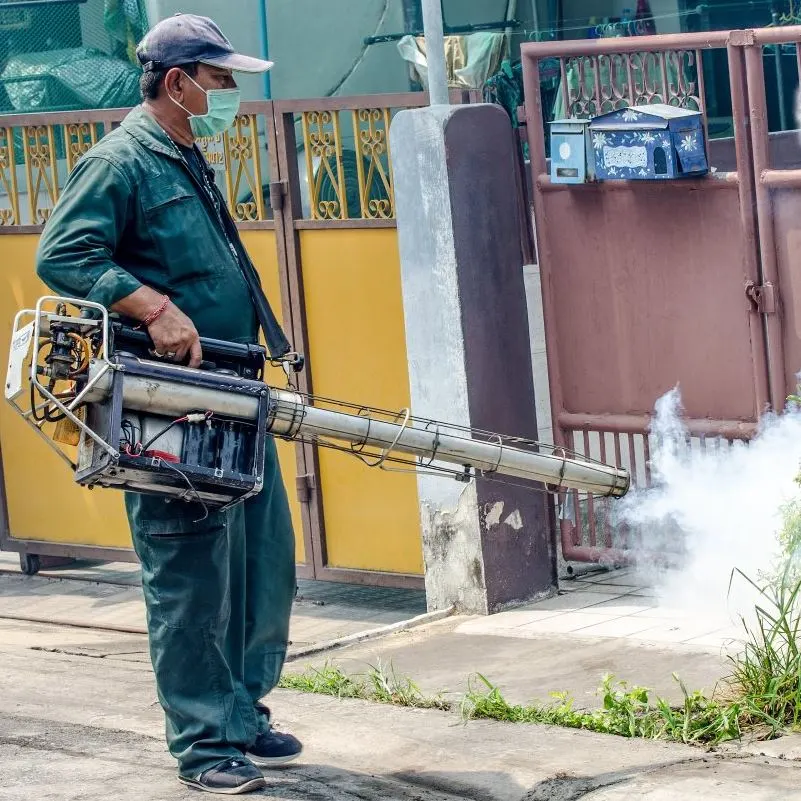
The only way to really control the spread of the disease is to stop the breeding of mosquitoes in sources of stagnant water where they like to breed.
What Are Some of the Symptoms?
The good news is many travelers bitten by mosquitoes will not contract dengue fever. Those that do, most will see little or no symptoms from the virus.
Usually, the symptoms start four to ten days after infection and can last two to seven days. That is unfortunately enough time to ruin the typical vacation in Los Cabos.

Typical symptoms are common flu-like conditions such as a high fever of 104 degrees, muscle aches, severe headache, pain behind the eyes, nausea, vomiting, swollen glands, and a rash.
The best way to handle these symptoms is to rest, drink plenty of fluids, use acetaminophen (paracetamol) for pain and avoid aspirin and ibuprofen.
There are some symptoms to be aware of that will indicate a more severe case of dengue fever.
According to the World Health Organization, those include rapid breathing, bloody nose/gums, severe abdominal pain, fatigue, restlessness, and even being very thirsty.
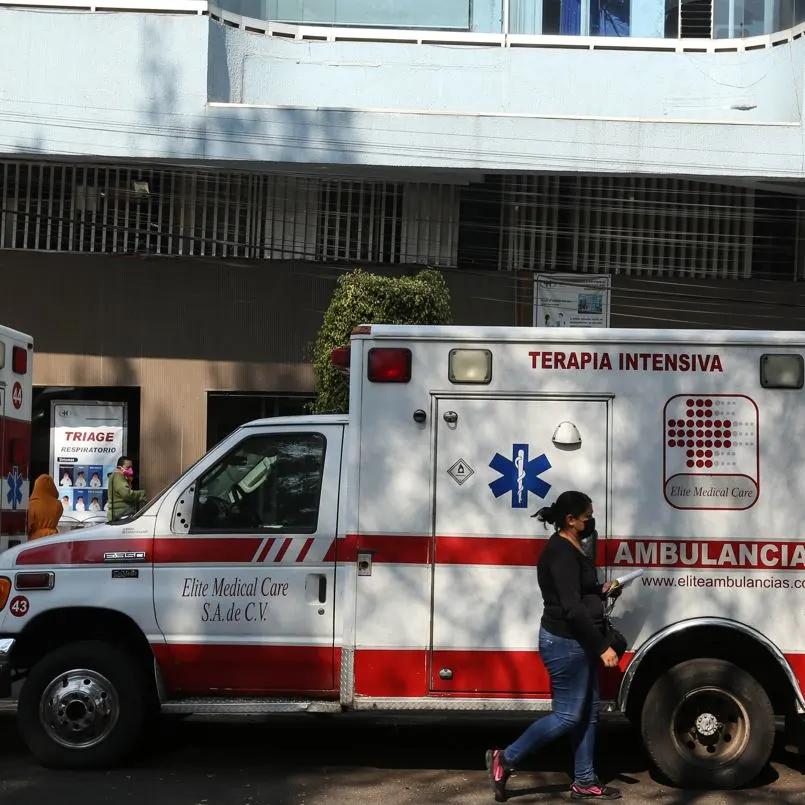
Visitors that experience those symptoms while on vacation in Los Cabos should get medical care immediately and request to be tested for dengue fever.
Unfortunately, there is no medical treatment available for dengue fever. Doctors can only assist with the symptoms while the illness runs its course.
Even after the illness symptoms have passed, tourists affected by dengue fever can still expect to feel tired for several more weeks.
How Can Tourists Stay Safe?

Los Cabos is not alone in the fight against dengue fever. Cancun is also preventative spraying, and reports from the Yucatan state are saying it has hit epidemic conditions.
The best way to prevent dengue fever is to wear long-sleeved shirts and pants during the day when mosquitoes are active and feeding.
Travelers should also liberally spray exposed skin with over-the-counter mosquito repellant with DEET, Picaridin or IR3535.
It is also advantageous to limit activities outside during the peak mosquito activity and feeding times which are around sunrise and sunset.
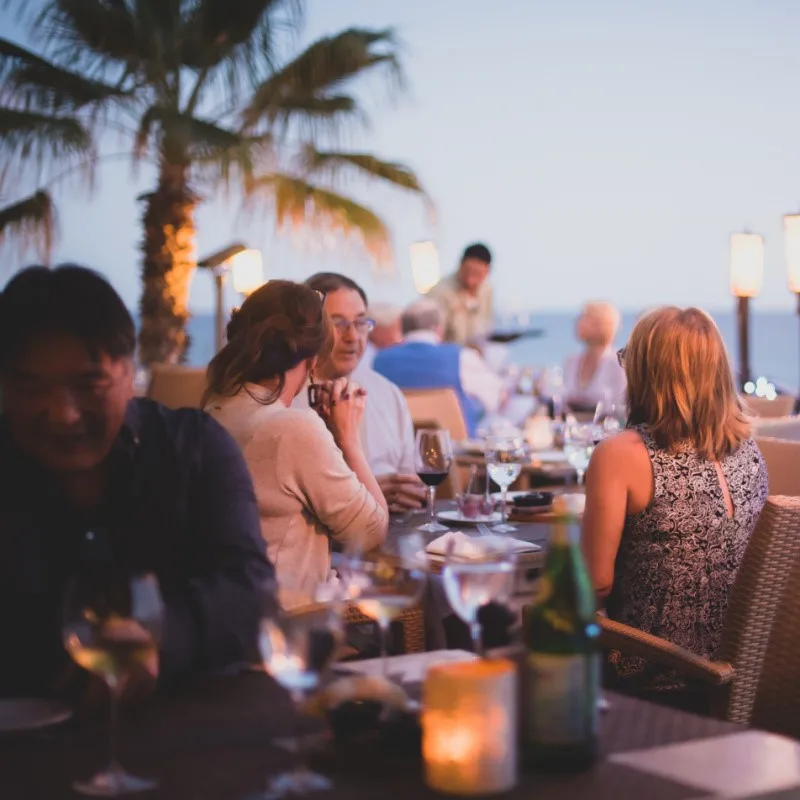
If enjoying a nap in a hammock on the beach, tourists should also have a mosquito net in place to avoid getting bitten.
There is a vaccine developed for dengue fever, but according to the World Health Organization, it is only effective for those that have already had and recovered from dengue fever. There are some others currently in development.
It is also recommended that travelers carry adequate travel insurance, including medical evacuation coverage when visiting Los Cabos.
Plan Your Next Cabo Vacation:
Traveler Alert: Don’t Forget Travel Insurance For Your Next Trip!
Choose From Thousands of Cabo Hotels, Resorts and Hostels with Free Cancellation On Most Properties
↓ Join The Community ↓
The Cabo Sun Community FB group has all the latest travel news, conversations and current events happening in Los Cabos

Subscribe to our Latest Posts
Enter your email address to subscribe to The Cancun Sun’s latest breaking news affecting travelers, straight to your inbox.
